Crisis — a time when many organizations hunker down. They tighten restrictions on what people can say or do. They adopt a bunker mentality. That wasn’t the case for FEMA (the Federal Emergency Management Agency) in the aftermath of super storm Sandy. FEMA deployed an Innovation Team and gave them just two guiding principles: solve problems and don’t break the law.
Cambridge Meta-leadership Institute principals had observed these efforts in the field and were among those invited to speak when FEMA convened at discussion of innovation in times of crisis at the White House on February 6, 2013. The program included a national Think Tank call and panel discussion. The event was hosted by Rich Serino , Deputy Administrator at FEMA. The agency’s Think Tank series and Innovation Team efforts have been led by Desiree Matel-Anderson. Both are alumni of the National Preparedness Leadership Initiative executive education program.
The NPLI’s Leonard Marcus was a featured presenter on the Think Tank call and Eric McNulty led off the panel discussion. Each related their experiences with the FEMA Innovation Team in the aftermath of super storm Sandy in late 2012. Several other NPLI alumni who had deployed to Sandy were also in attendance.
In his formal remarks, Marcus noted that several elements had to come together to make the FEMA Innovation Team a success. “More open organizational structures plus leadership plus opportunity equaled innovation,” he said. He stated that there was clear evidence that FEMA had worked to increase its flexibility and adaptability. The Innovation Team had the freedom to act and the result was situational awareness that the agency would not otherwise have had as well as solutions deployed more rapidly to assist affected individuals and communities.
McNulty discussed FEMA’s goal of linking formal and informal networks in disaster response. “There are explicit decisions to be made by leaders,” he said. “Do you keep the public behind the yellow tape or engage them? Do restrict what the informal organizations do or do you resource them? Do you take responsibility from the public or give it to them?” He noted the FEMA had clearly decided to engage, resource, and give responsibility, and that this is still a novel approach to disaster response.
Also speaking at the event were Department of Homeland Security Secretary Janet Napolitano, Dr. Nicole Lurie, Health and Human Services Assistant Secretary for Preparedness and Response, Richard Reed, White House Deputy Assistant for Homeland Security, and several others. FEMA has posted audio of the Think Tank call as well as a transcript.


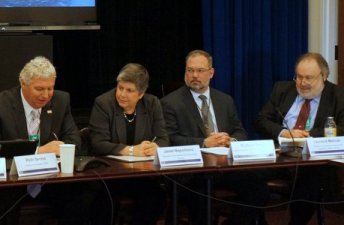
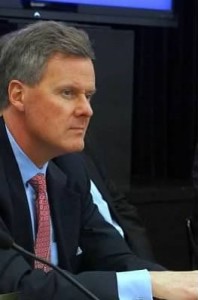
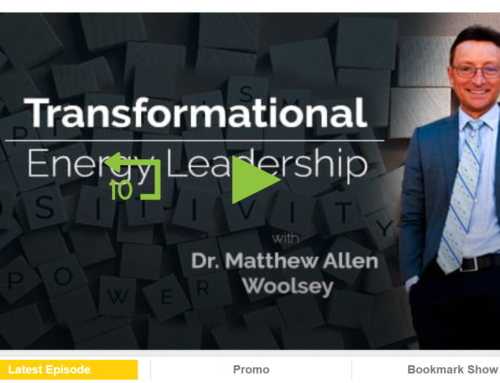
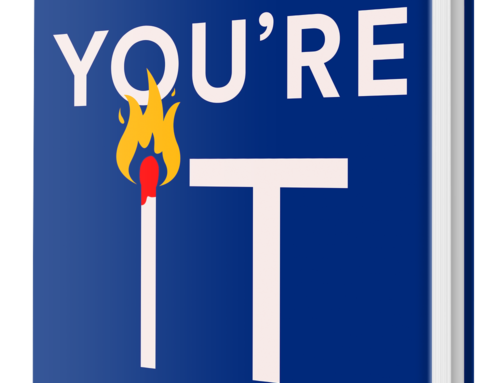


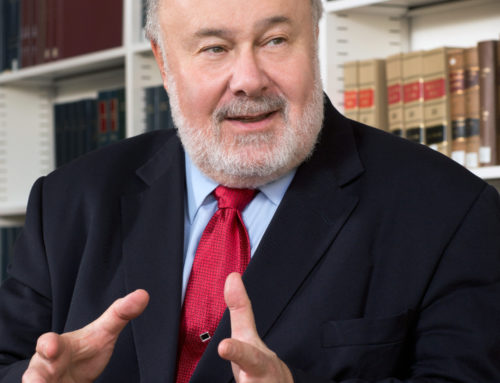
Leave A Comment